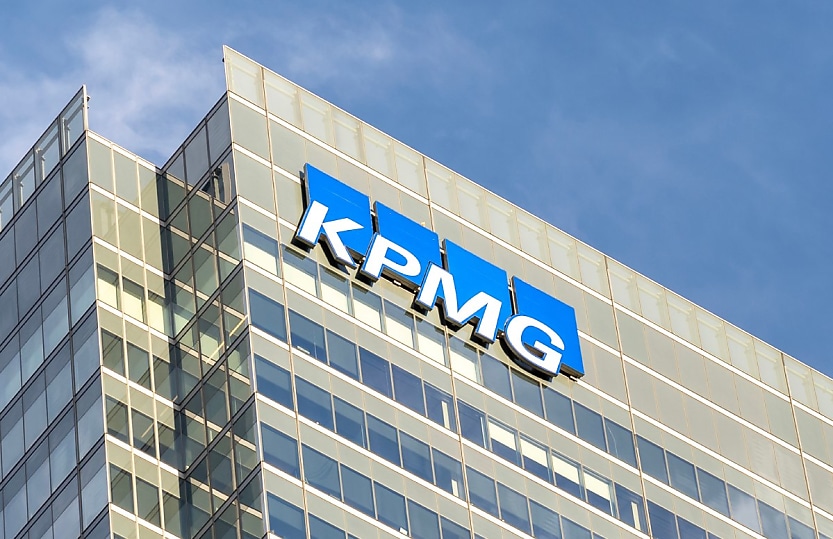Australian economy ‘a heartbeat away from recession’, KPMG warns

The Australian economy barely grew over the past six months with productivity flatlining and the household saving ratio falling.
Australia’s economy is struggling to maintain forward momentum with the economy growing only 0.1 per cent over the first quarter of 2024, KPMG has warned in its Australian Economic Outlook for the second quarter.
KPMG said while the latest national accounts data revises the GDP growth estimates for the December quarter of 2023 from 0.2 per cent to 0.3 per cent, when the result is combined with March quarter data, it is clear that the Australian economy has barely grown.
“It has been a heartbeat away from a recession,” the firm said.
The outlook also noted that the downward trajectory associated with Australia’s standard of living has continued with six out of the last quarters recording negative or flat growth in GDP per capita.
The household saving ratio also fell from 1.6 per cent to 0.9 per cent in the March quarter with the 1.5 per cent rise in household consumption greater than the 1.1 per cent increase in gross disposable income.
Labour productivity also flatlined over the quarter and through the year as hours worked grew in line with GDP.
“With wages growth softening during the quarter, real unit labour costs declined by 0.7 per cent, but remained 3.4 per cent higher in the corresponding period in 2023,” the outlook said.
“For real unit labour costs to drop significantly, it is vital that labour productivity growth exceeds wages growth.”
Services inflation continues to remain high as a consequence of elevated labour costs despite easing in labour market conditions.
“On the other hand, prices for consumption and capital goods continued to soften in line with easing domestic demand,” the outlook said.
Labour market softening
KPMG said while the unemployment rate fell slightly in May 2024 from 4.1 per cent down to 4 per cent, there are signs that the labour market is easing.
The unemployment rate has now remained in the 4 per cent range for two consecutive months.
“Additionally, monthly hours worked have declined for two consecutive months since March, further indicating a softening in the labour market,” the outlook said.
KPMG said wage growth appeared to have peaked in the December quarter of 2023, with data for the March quarter indicating that the Wage Price Index was 4.1 per cent, decreasing from 4.2 per cent in the December quarter.
“This is also the first time that annual wage growth has fallen since March 2021,” it said.






